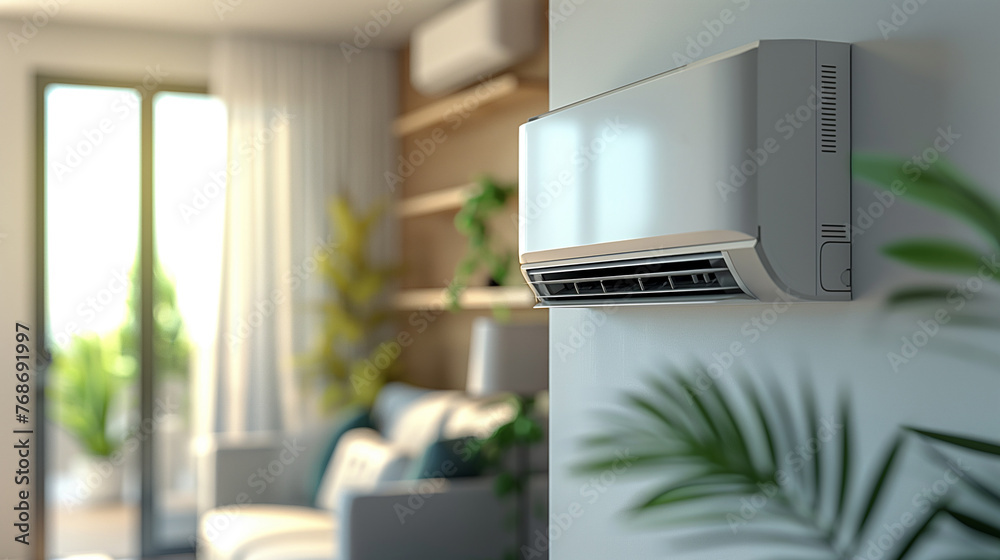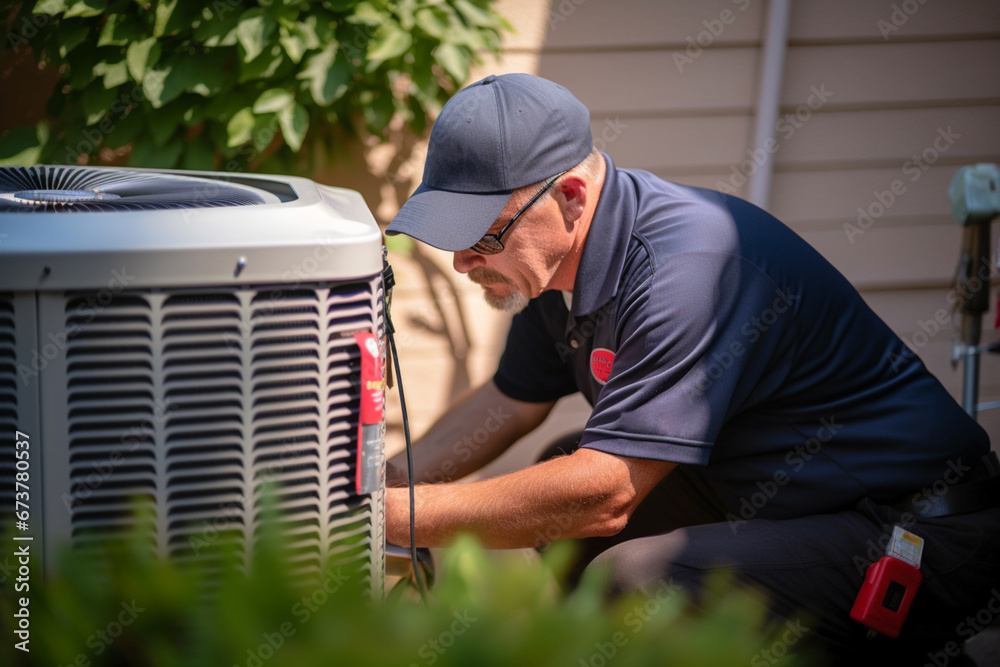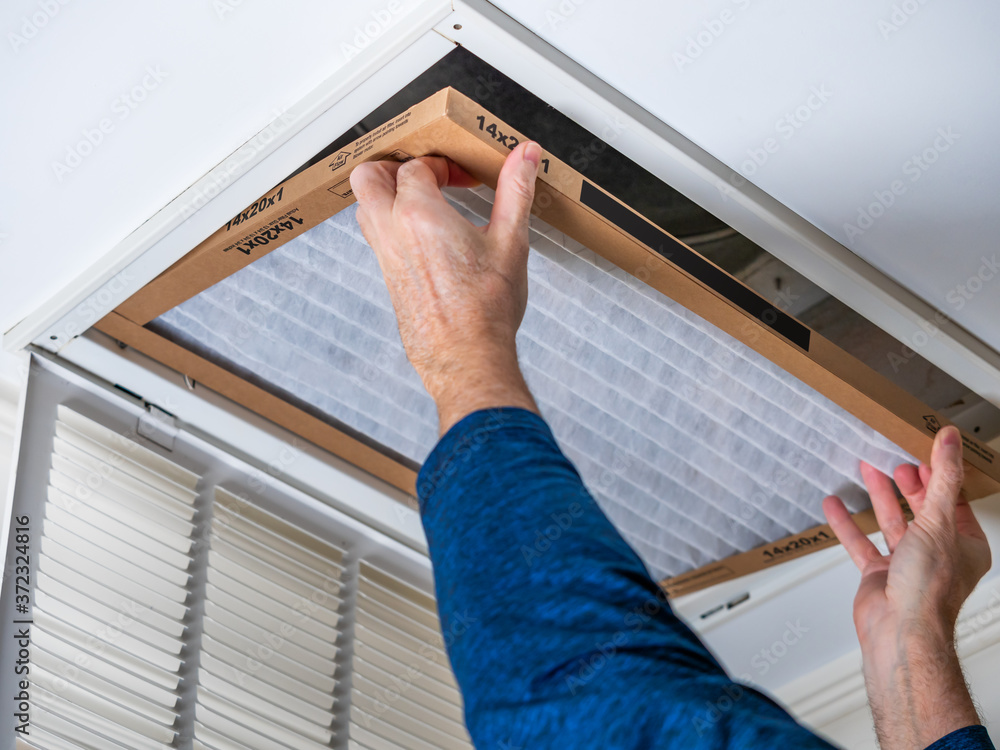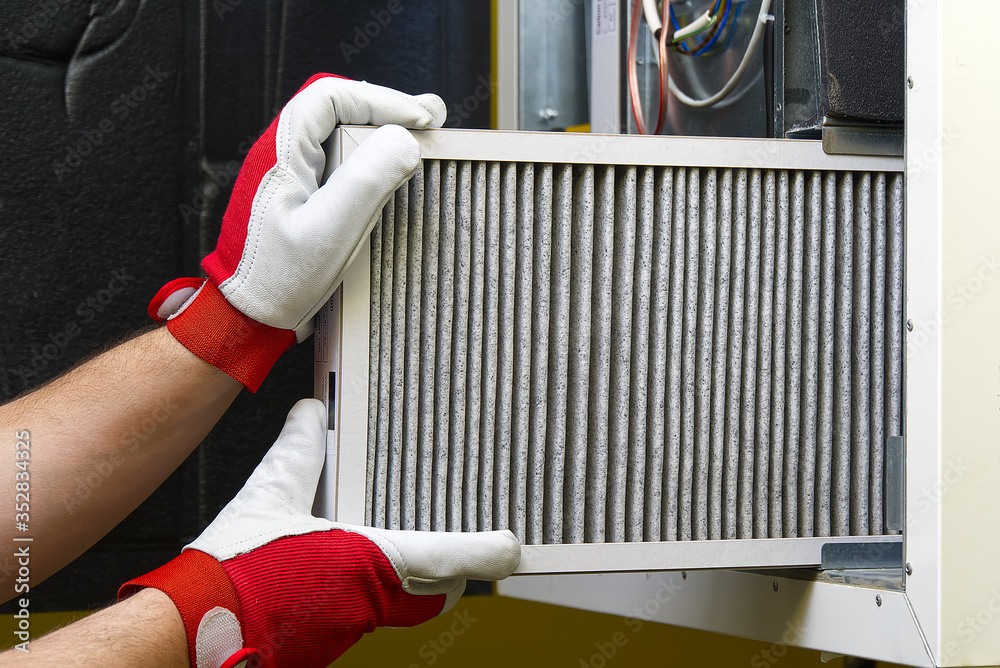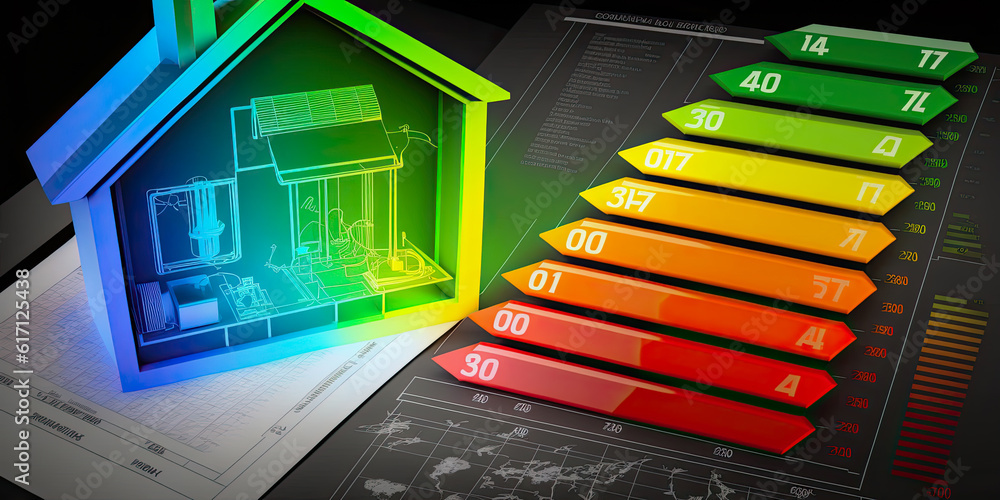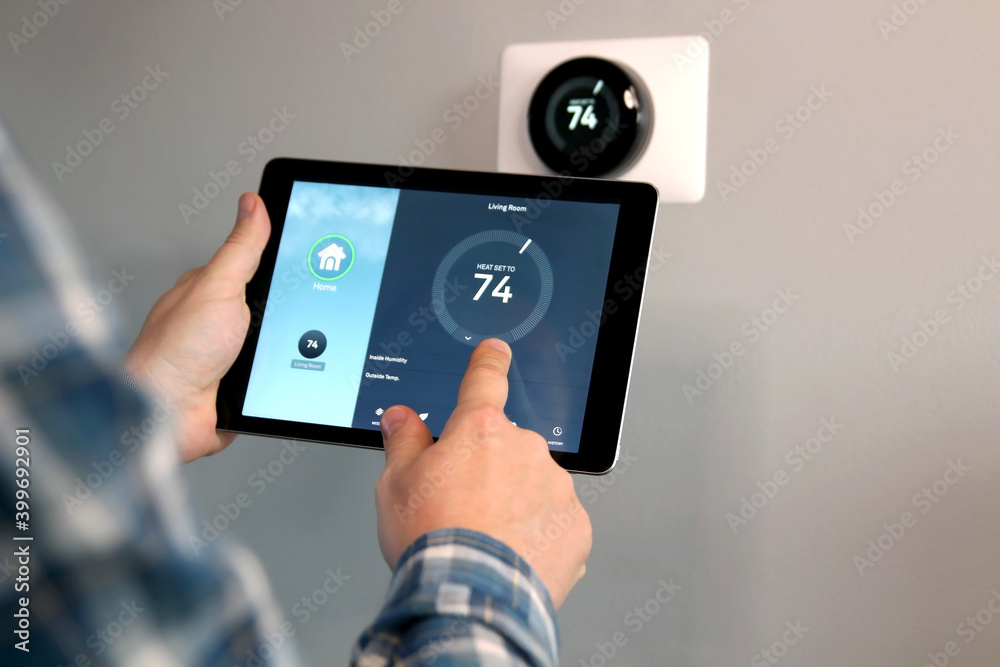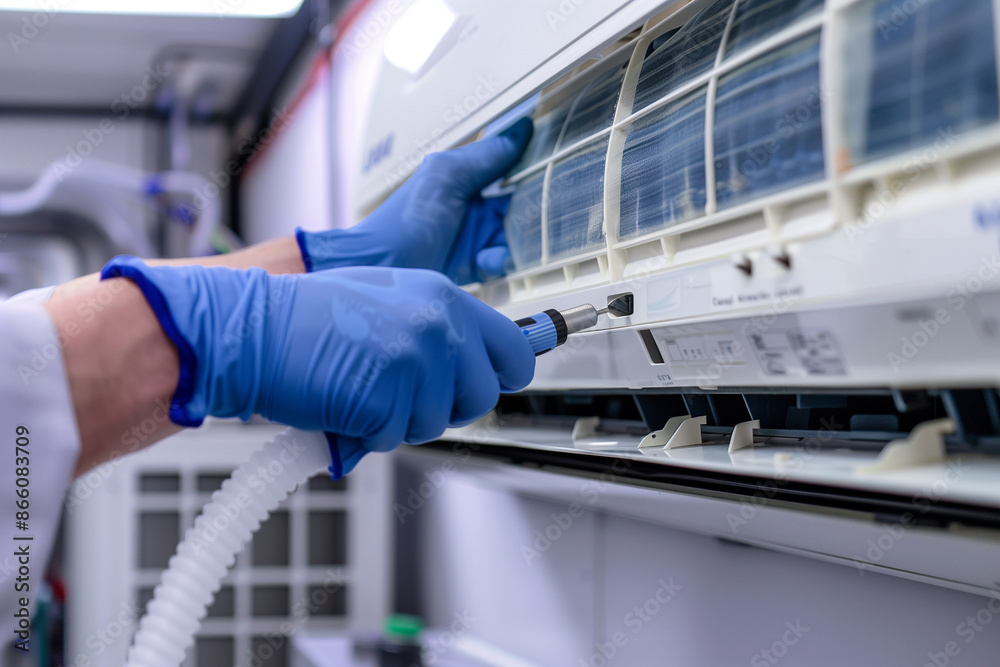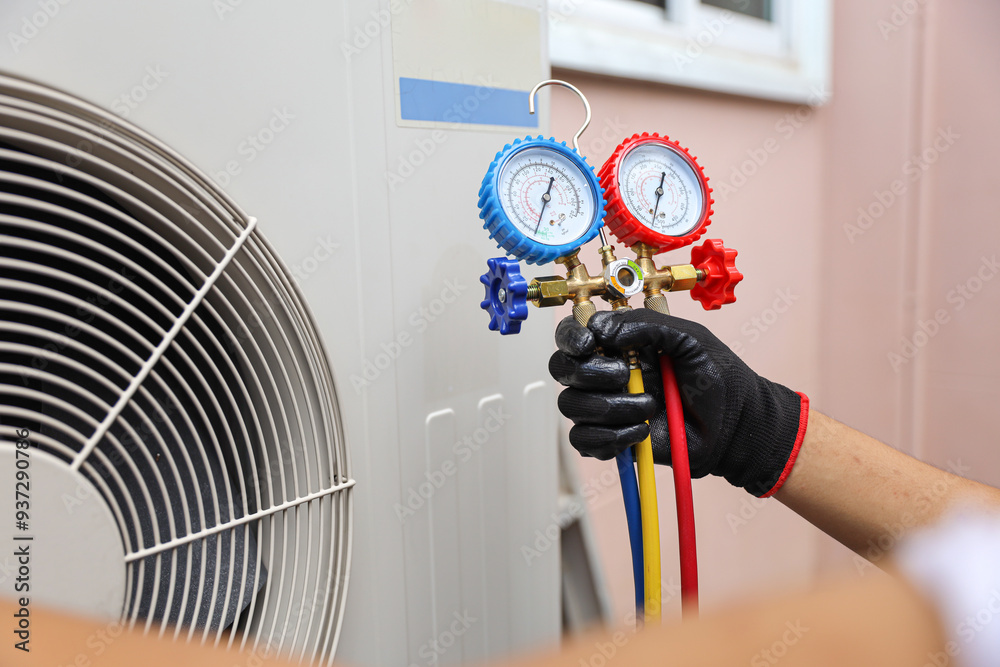Air conditioners are essential for maintaining comfort during the hot summer months. However, like any complex system, they can encounter various issues over time. Understanding common air conditioner problems and knowing how to fix them can save you time, money, and the discomfort of a sweltering home. This comprehensive guide covers the most frequent air conditioner issues and provides practical solutions to address them.
1. Air Conditioner Not Turning On
Possible Causes:- Tripped Circuit Breaker: A power surge or overload can trip the circuit breaker.
- Blown Fuse: A blown fuse in the electrical panel can prevent the AC from starting.
- Thermostat Issues: Incorrect thermostat settings or a malfunctioning thermostat can keep the AC from turning on.
- Check the Circuit Breaker: Locate your home’s electrical panel and reset any tripped breakers.
- Replace Blown Fuses: Replace any blown fuses in the electrical panel.
- Inspect the Thermostat: Ensure the thermostat is set to “cool” and the temperature is set lower than the current room temperature. Replace batteries if necessary.
2. Air Conditioner Blowing Warm Air
Possible Causes:- Dirty Air Filter: A clogged air filter can restrict airflow and reduce cooling efficiency.
- Refrigerant Leak: Low refrigerant levels due to a leak can cause the AC to blow warm air.
- Condenser Coil Issues: Dirty or blocked condenser coils can impede heat exchange.
- Clean or Replace the Air Filter: Check the filter monthly and clean or replace it as needed.
- Inspect for Refrigerant Leaks: Look for signs of refrigerant leaks, such as hissing sounds or oily residue. If you suspect a leak, contact a professional HVAC technician to repair and recharge the system.
- Clean the Condenser Coils: Remove debris from around the outdoor unit and clean the coils with a coil cleaner or a mixture of water and mild detergent.
3. Poor Airflow from Vents
Possible Causes:- Blocked or Closed Vents: Obstructed or closed vents can reduce airflow.
- Dirty Air Ducts: Accumulated dust and debris in the ducts can impede airflow.
- Blower Motor Issues: A malfunctioning blower motor can fail to push air through the vents effectively.
- Clear and Open Vents: Ensure all vents are open and free from obstructions like furniture or curtains.
- Clean the Air Ducts: Schedule a professional duct cleaning service if you suspect dirty ducts.
- Check the Blower Motor: If the blower motor is faulty, it may need to be repaired or replaced by a professional technician.
Join HICP Homeowner’s Alliance
Connect with experts, get special discounts and enjoy member benefits
4. Air Conditioner Leaking Water
Possible Causes:- Clogged Condensate Drain Line: A blocked drain line can cause water to back up and leak.
- Dirty Air Filter: A clogged air filter can cause the evaporator coils to freeze and subsequently thaw, leading to water leakage.
- Low Refrigerant Levels: Low refrigerant can also cause the evaporator coils to freeze and thaw.
- Clear the Condensate Drain Line: Use a wet/dry vacuum to remove blockages from the drain line. Pour a mixture of vinegar and water down the line to kill algae and mold.
- Clean or Replace the Air Filter: Maintain clean filters to prevent the evaporator coils from freezing.
- Check Refrigerant Levels: Contact a professional to inspect and recharge the refrigerant if necessary.
5. Strange Noises from the Air Conditioner
Possible Causes:- Loose Parts: Loose components can cause rattling or banging noises.
- Fan or Motor Issues: A malfunctioning fan or motor can produce squealing or grinding sounds.
- Debris in the Unit: Debris in the outdoor unit can create unusual noises.
- Tighten Loose Parts: Inspect the unit for any loose screws, bolts, or panels and tighten them as needed.
- Inspect the Fan and Motor: If you hear squealing or grinding, turn off the unit and check for any visible issues. A professional may need to repair or replace the faulty parts.
- Remove Debris: Clear any debris from the outdoor unit to eliminate noise sources.
6. Air Conditioner Cycles On and Off Frequently
Possible Causes:- Dirty Condenser Coils: Dirty coils can cause the system to overheat and shut down prematurely.
- Improper Thermostat Placement: A thermostat placed in direct sunlight or near heat sources can cause short cycling.
- Refrigerant Issues: Low or high refrigerant levels can lead to frequent cycling.
- Clean the Condenser Coils: Ensure the coils are clean and free from debris to promote proper heat exchange.
- Relocate the Thermostat: Move the thermostat to a more central location away from direct sunlight and heat sources.
- Check Refrigerant Levels: Have a professional inspect and adjust the refrigerant levels if necessary.
7. Foul Odors from the Air Conditioner
Possible Causes:- Mold or Mildew: Mold growth in the ductwork or evaporator coils can produce musty smells.
- Burning Smell: Electrical issues or overheating components can emit a burning odor.
- Pests: Rodents or insects nesting in the system can create foul smells.
- Clean the Evaporator Coils and Ducts: Use a coil cleaner and schedule professional duct cleaning to eliminate mold and mildew.
- Inspect Electrical Components: If you smell burning, turn off the system immediately and contact a professional to inspect the electrical components.
- Remove Pests: Inspect the unit for signs of pests and take appropriate measures to remove them and prevent future infestations.
8. High Energy Bills
Possible Causes:- Dirty Filters and Coils: Dirty components force the system to work harder, consuming more energy.
- Leaky Ducts: Leaks in the ductwork can cause cooled air to escape, wasting energy.
- Old or Inefficient System: An outdated or inefficient air conditioner can drive up energy costs.
- Regular Maintenance: Keep filters and coils clean to maintain efficiency.
- Seal Duct Leaks: Have a professional inspect and seal any leaks in the ductwork.
- Upgrade the System: Consider upgrading to a more energy-efficient unit if your current system is old or inefficient.
Understanding common air conditioner problems and knowing how to fix them can help you maintain a comfortable and efficient home. Regular maintenance, such as cleaning filters and coils, checking refrigerant levels, and ensuring proper airflow, can prevent many issues and extend the life of your system. For more complex problems or repairs, always consult a professional HVAC technician to ensure your air conditioner operates safely and effectively. By staying proactive with your air conditioner maintenance, you can enjoy a cool and comfortable home all summer long while saving money on energy bills and avoiding costly repairs.

